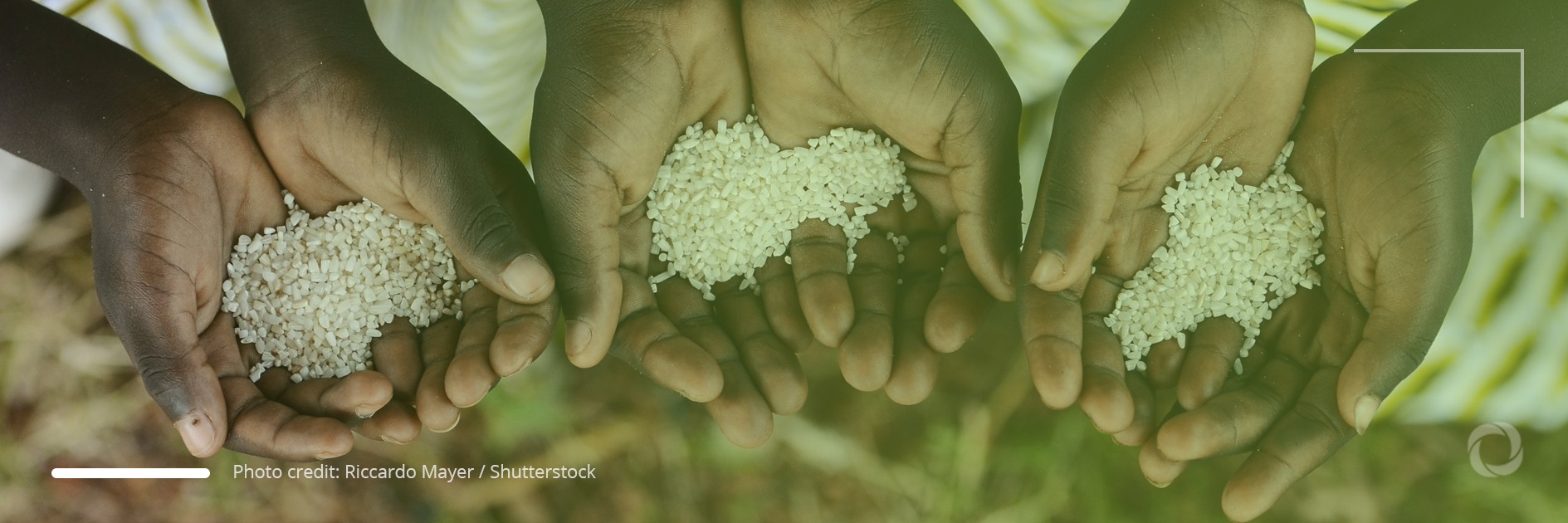Africa, the poorest continent on Earth, expects a surge in food insecurity levels now that Russia and Ukraine are at war. African countries rely heavily on these two nations, which are among the world’s largest grain exporters, for supplies of wheat, maize, and other grains.
Aside from the disruption to grain supplies, the war, which began on 24 February, may trigger an increase in food prices which will badly affect the quality of life in Africa with experts even warning of possible civil unrest.
Grain shortages and price hikes
Russia’s exports to Africa amount to about US$4 billion a year, 90% of which is wheat whereas Ukraine’s exports amount to about US$3 billion, the President of the African Development Bank (AfDB), Dr. Akinwumi Adesina told The National during the World Government Summit in Dubai at the end of March 2022.
This means that Africa previously imported over 35% of its wheat from Russia and Ukraine. As for maize, Ukraine alone accounts for 31% of the maize imports for African countries.
“The effect on Africa is going to be very, very serious. Many countries like Egypt, Morocco, Nigeria, and Kenya will have a lot of problems,” Dr. Adesina said.
In the meantime, an analysis by the UN’s International Fund for Agricultural Development (IFAD) shows that price increases in staple foods, fuel, and fertilizer and other ripple effects caused by the conflict are having a dire impact on the poorest rural communities.
Poverty and civil unrest
Experts have warned that these circumstances may aggravate poverty in Africa where 490 million people of the continent’s 1.2 billion population were already living in poverty in 2021. Moreover, according to a 2019 study by the African Union, 56 million children under the age of five were chronically undernourished and 13 million were at risk of starvation.
IFAD has warned that the poorest people are at the greatest risk as the ongoing conflict continues to have a global impact.
“I am deeply concerned that the violent conflict in Ukraine, already a catastrophe for those directly involved, will also be a tragedy for the world’s poorest people living in rural areas who cannot absorb the price hikes of staple foods and farming inputs that will result from disruptions to global trade,” said Gilbert F. Houngbo, President of IFAD. “We are already seeing price hikes and this could cause an escalation of hunger and poverty with dire implications for global stability.”
AfDB President Akinwumi Adesina noted that the situation could spark civil unrest in Africa as food supply chains are tested once again as the COVID-19 pandemic also enters its third year.
“If we do not intervene now and support Africa to produce the food, we could easily be looking at a looming food crisis and a potential for civil unrest. Because when people can’t buy food, then you’re going to have a lot of civil unrest,” he said.
He said the AfDB has formulated a US$1 billion emergency food production plan for Africa to mitigate the impact of the war in Europe.

